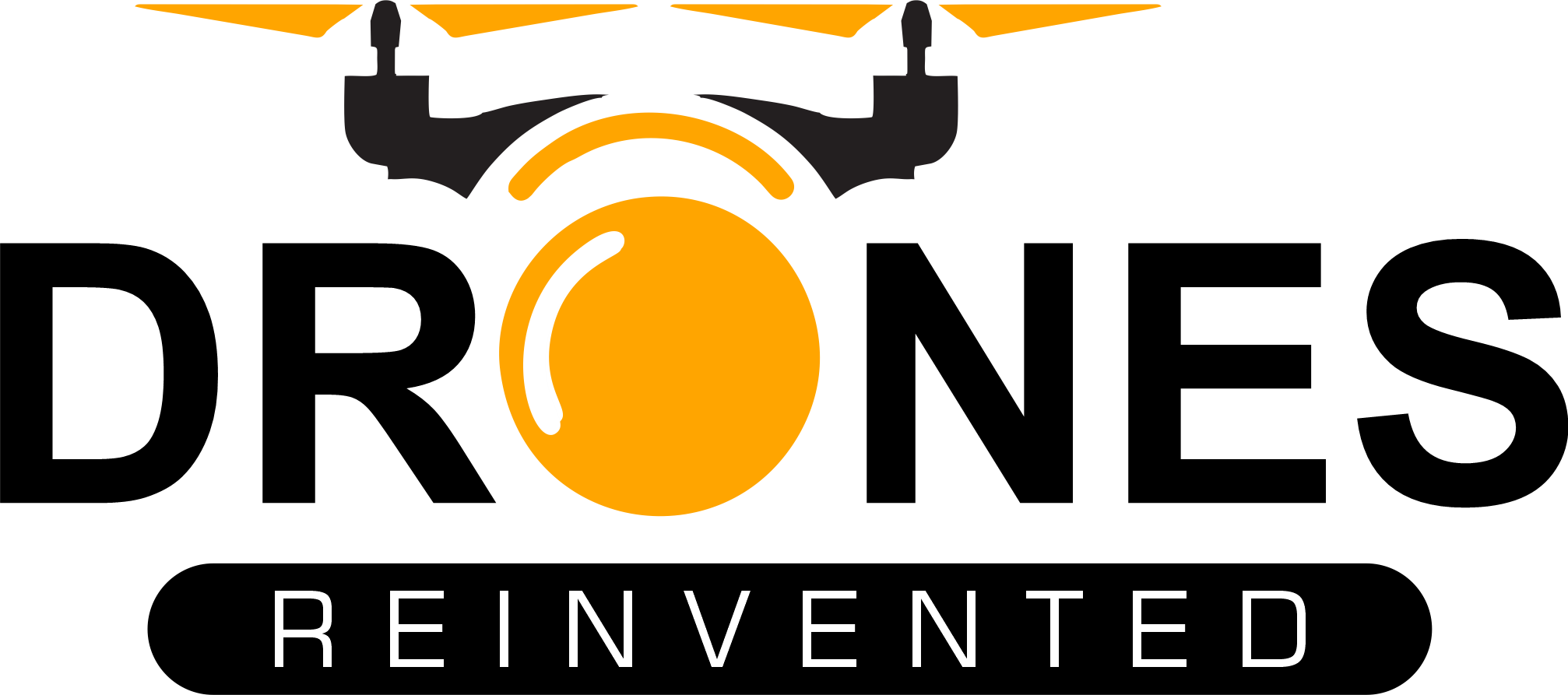Drone Delivery Revolutionizes Healthcare: Researchers Showcase Significant Benefits
In a study published in the December 20 edition of Science Robotics, researchers have highlighted the transformative impact of drone delivery systems on communities, particularly in hard-to-reach areas. The study underscores the life-saving potential of on-demand drone deliveries, showcasing substantial improvements over traditional ground transportation methods. (Authors of the study are Pedro Kremer, Aleksandra Leyzerovskaya, Shelley Dubois, Jonah Lipsitt, Florence Haruna, and Olga Lebed.)
The full study is a satisfying read for drone industry advocates.
The research cites the case of Zipline, a pioneer in autonomous drone delivery, which initiated blood deliveries to rural hospitals in Rwanda in 2016. The study says that utilization of drones for blood product deliveries has resulted in a remarkable 51% reduction in in-hospital maternal mortality from postpartum hemorrhage and a 67% decrease in blood expirations over a year. The success prompted the Rwandan government to restructure its national blood delivery system, with approximately 75% of blood deliveries outside of Kigali now executed by drones.
Expanding beyond healthcare, Zipline’s drone deliveries in Rwanda have been extended to childhood nutrition and agriculture. The company has delivered over 260,000 units of ready-to-use therapeutic food and more than 25,000 doses of animal vaccines. In Ghana, Zipline’s services have facilitated access to routine vaccines for over 15,000 children, estimated to have saved 727 lives between 2019 and 2021. Moreover, Zipline played a pivotal role in delivering more than 2 million COVID-19 vaccines to remote regions in Ghana since the pandemic’s onset.
Zipline’s global expansion, operating in seven countries from 13 distribution centers, highlights its adaptability to diverse needs. Collaborations with organizations like the Elton John AIDS Foundation, Gavi, and local entities demonstrate Zipline’s commitment to customizing delivery services to meet the unique needs of different populations and sectors.
The study emphasizes the technological advancements in Zipline’s drone delivery platforms. While the first platform (P1) covered hard-to-reach areas, the second platform (P2) is designed for safe and precise deliveries in densely packed urban centers. The P2 system “challenges the idea that urbanity guarantees dependable access, showing that true equity requires tackling problems in both hard-to-reach and technically available–but–underserved locations,” write researchers.
Beyond the immediate benefits to healthcare and accessibility, the research suggests that expanding autonomous drone delivery systems could contribute to climate change mitigation. Shifting from gas-powered vehicles to small unmanned aerial electric vehicles (EVs) could substantially reduce carbon emissions and environmental impact. Additionally, drone-based logistics systems are agile and responsive, enhancing resilience to climate-related emergencies and natural disasters.
Despite the evident advantages, the study acknowledges the need to overcome regulatory, logistical, and technical challenges to realize the full potential of drone delivery systems. Developing efficient EV-charging infrastructure and updating regulatory frameworks are cited as essential steps toward building a sustainable and resilient delivery system that ensures equal access to essential services for all.
Echoing a refrain from drone industry stakeholders, researchers argue that the pursuit of these solutions is not just a technical endeavor but an ethical imperative, guiding society toward a future where essential services are accessible irrespective of geography or socioeconomic conditions.
Read more:
Miriam McNabb is the Editor-in-Chief of DRONELIFE and CEO of JobForDrones, a professional drone services marketplace, and a fascinated observer of the emerging drone industry and the regulatory environment for drones. Miriam has penned over 3,000 articles focused on the commercial drone space and is an international speaker and recognized figure in the industry. Miriam has a degree from the University of Chicago and over 20 years of experience in high tech sales and marketing for new technologies.For drone industry consulting or writing, Email Miriam.
TWITTER:@spaldingbarker
Subscribe to DroneLife here.

0 Comments